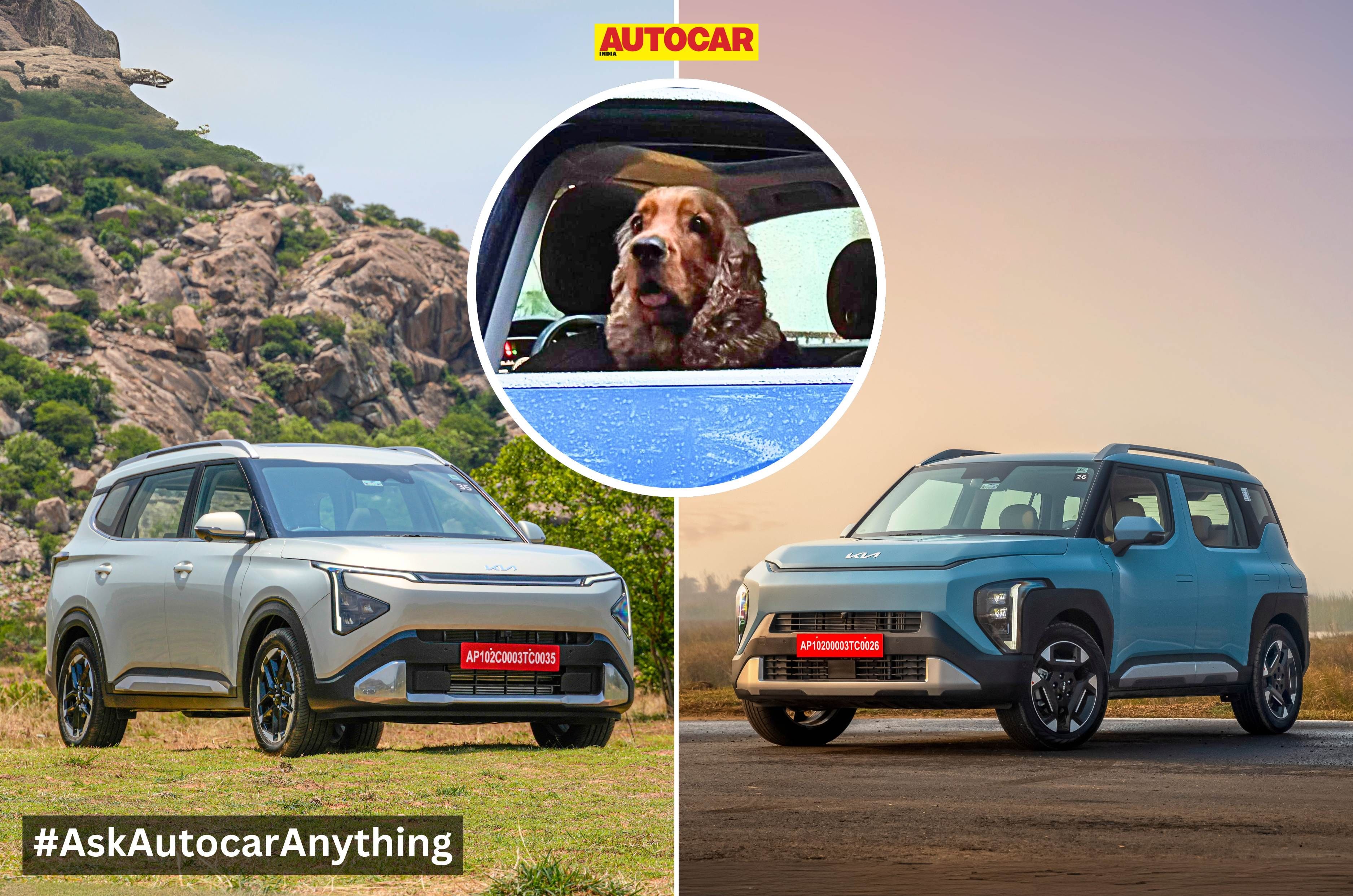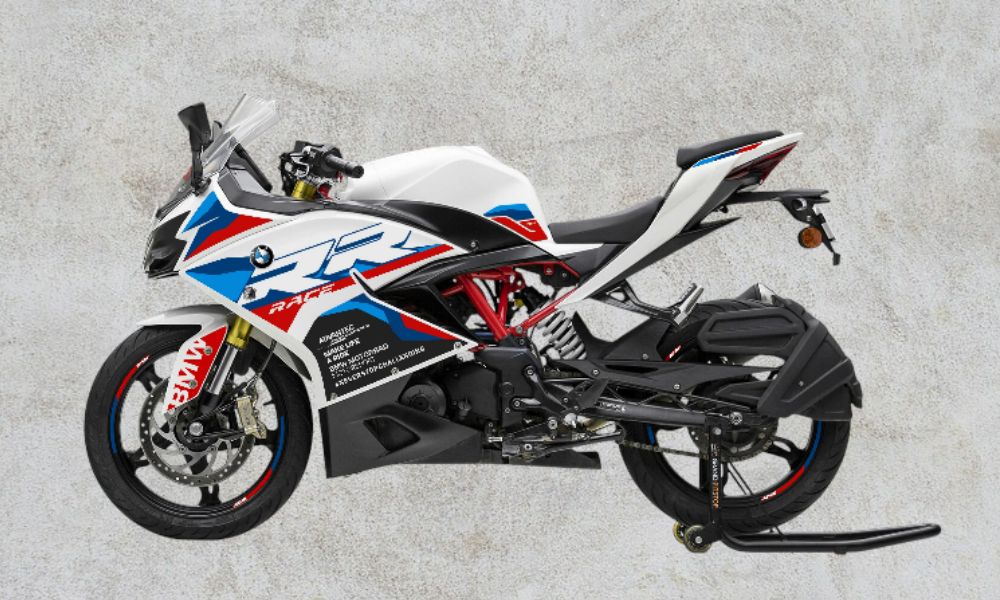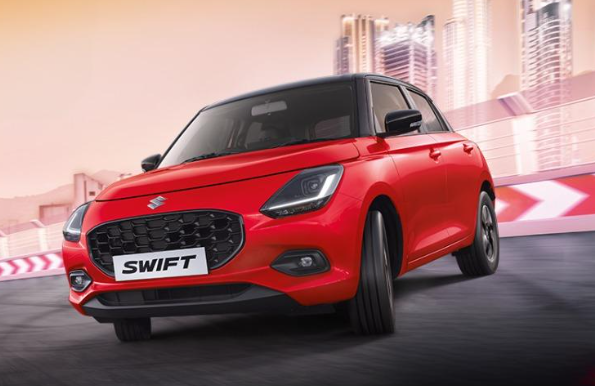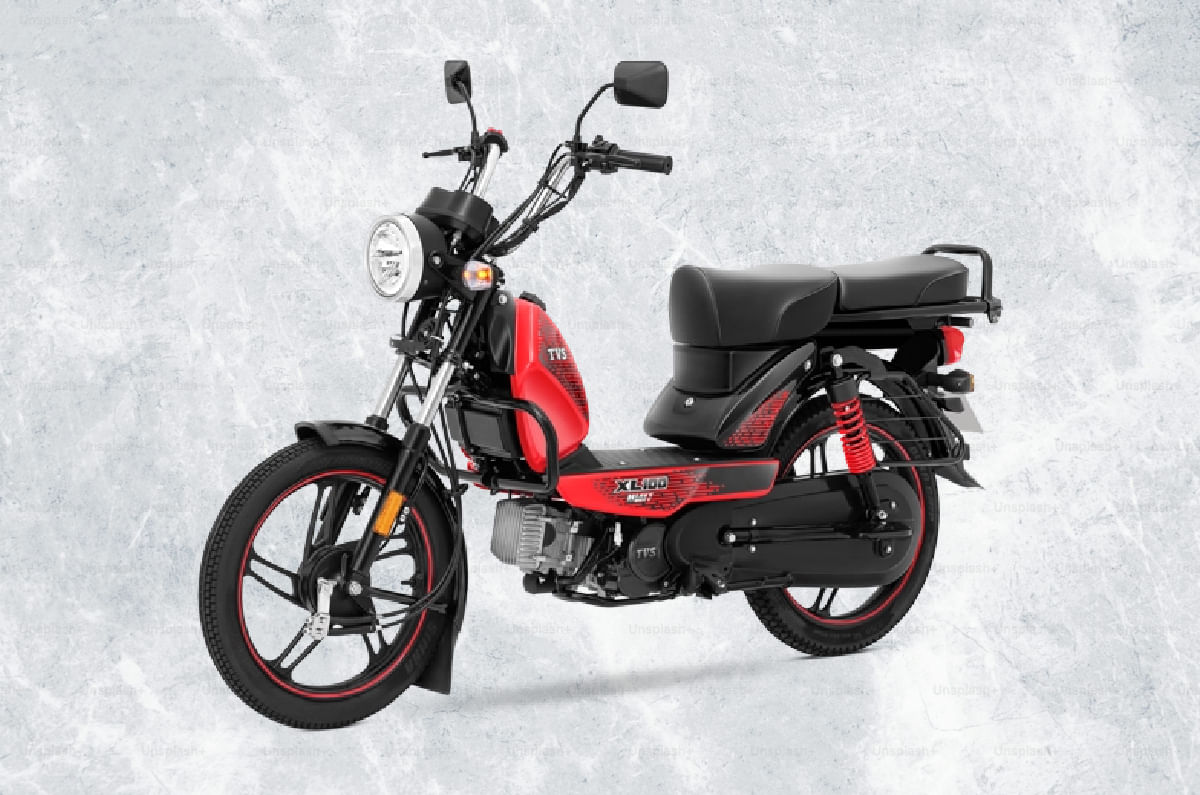Consumer tech giant Xiaomi has taken the wraps off its first-ever car, named the SU7, weeks after exterior images of the new electric sedan surfaced online. The Chinese firm, which is best known for its smartphones, unveiled the battery-powered sedan at what it called its ‘EV Technology Launch’ event, highlighting the five pillars on which its future electric vehicle (EV) lineup will be built. The Xiaomi SU7 will go on sale in China in 2024, and prices are likely to be announced in a few months’ time.
Also Read: Xiaomi SU7 Electric Sedan Exterior Design, Specifications Revealed

The Xiaomi SU7 measures in at 4,997 mm in length, and has a 3,000 mm wheelbase.
The SU7 is visibly in the mould of other electric sedans such as the Porsche Taycan and the Tesla Model S, and it comes as no surprise that Xiaomi chose to draw comparisons with these two models at the unveiling. While most have laid eyes on the clean, harmonious surfaces of the car previously, the highlight is the SU7’s drag coefficient, which is an impressively low 0.195 Cd. Interestingly, one of the key members of Xiaomi’s design team for the SU7 project includes an ex-Mercedes-Benz designer who worked on the EQXX concept, which was lauded for its aerodynamic efficiency that helped achieve a range of 1,000 kilometres.

The SU7 will be available in three colours, including the Aqua Blue pictured here.
Central to the Xiaomi SU7 is its battery pack. Xiaomi has opted to go with cell-to-body integration, which makes the battery an integral part of the car’s structure, helping liberate more interior space and also cut down on wiring. The company is sourcing cells from Contemporary Amperex Technology Limited (CATL), but has worked on providing sufficient protection for the battery, adding three layers of structural reinforcements to the top and side, and eight such layers to the underside. Interestingly, the cell also has an ‘inverted’ design, which Xiaomi says will release energy downwards, and not in the direction of the passenger compartment, in the event of a thermal failure.

Employing CTB tech has helped liberate more interior space in the SU7, as per Xiaomi.
Battery capacities differ for the two versions the SU7 will be available in. The entry SU7 has a 73.6 kWh pack, while the SU7 Max has a 101 kWh pack. The other major difference between these versions is the entry model uses a 400-volt architecture, while the Max has an 800-volt architecture. Xiaomi says even with current cell technology, it is realistically possible to provide a battery pack big enough to enable a range of 1,000 kilometres, but doing so would lead to a significant increase in the car’s price. Still, the entry SU7 has a range of up to 668 kilometres, while the SU7 Max has a range of up to 800 kilometres (CLTC). Xiaomi says the SU7 Max will regain 220 km of range with a five-minute charge, and 510 km of range with a 15-minute charge when plugged into an ultra-fast charger.
Also Read: Extend FAME Incentives Till 2027; Subsidise Private Electric Cars: Parliamentary Committee
The SU7 is equipped with Xiaomi’s ‘Super Motor’, which carries the ‘V6’ suffix in its present form and can rev to 21,000 rpm. In the entry SU7, it develops 295 bhp and 400 Nm of torque. The single-motor SU7 will do 0-100 kmph in 5.28 seconds, and reach a top speed of 210 kmph. The 100-0 kmph braking distance for the SU7 is rated at 35.5 metres.

The SU7 Max will go from 0-100 kmph in just 2.78 seconds.
To further distinguish itself from the entry model, the dual-motor SU7 Max has the ‘Super Motor V6S’, which cumulatively develops a peak 664 bhp and 838 Nm of torque. With launch control, the SU7 Max will clock 0-100 kmph in a scant 2.78 seconds, 0-200 kmph in 10.67 seconds and hit a top speed of 265 kmph. Fitted with Brembo brakes with four-piston callipers, the SU7 Max’s 100-0 kmph braking distance of 33.3 metres betters that of the standard car. The SU7 Max also packs adaptive air suspension.

Three-spoke steering houses dial for drive modes; 16.1-inch central touchscreen can also be had with physical controls at the bottom.
Inside, the SU7 has a fairly minimal interior, with a 16.1-inch 3K touchscreen taking pride of place on the multi-layer dashboard, and a panoramic glass roof letting more natural light into the cabin. Boot space is 517 litres, while the front trunk provides 105 litres of storage – higher than that of rivals, as per the company. Xiaomi says the car – which uses the company’s proprietary ‘HyperOS’ operating system – takes just 1.49 seconds to boot up fully from the moment the driver opens the door.
There’s a slender, full-digital instruments display, a head-up display, and two touchscreens for rear seat passengers. The central touchscreen can display multiple phone applications in segmented windows, and Xiaomi will also offer a physical controls stack that magnetically attaches to the base of the screen for those who would prefer to use buttons and a volume control knob. Other notable features include heated and ventilated seats with Nappa leather and 50W wireless phone charging.
On the safety front, Xiaomi has equipped the SU7 with seven airbags and advanced driver assistance systems (ADAS), which utilise lidar and high-definition cameras. Xiaomi also shared a video demonstrating the SU7’s fully automated valet parking abilities during the unveiling.













































